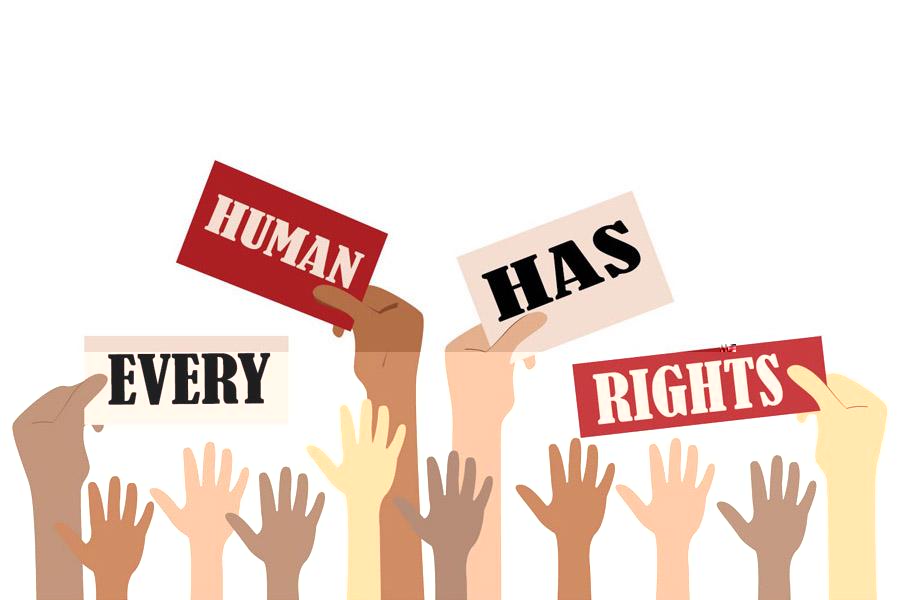(Akiit.com) The ubiquitous human rights group Amnesty International recently released its report on “the state of the world’s human rights.” It calls attention to a wide range of issues spanning 149 countries, including many that remain unresolved.
Within this category, the1988 massacre of Iranian political prisoners, described as the worst crime against humanity in the latter half of the 20thcentury, stands out above most others. Unfortunately, the international community has been reluctant to address this crime against humanity and hold the regime accountable.
As a result of that inexplicable silence, the regime developed an enhanced sense of impunity to annihilate the organized opposition. In May 1988, “death commissions” began convening in prisons throughout Iran, with the mandate to interrogate political prisoners over their attitudes toward the theocratic system and to summarily execute those who failed to demonstrate fealty to the regime and its supreme leader. Then-supreme leader Khomeini declared in a fatwa (religious decree) that anyone associated with the principal opposition Mujahedin-e Khalq (MEK) is guilty of enmity against God and must be immediately executed.

The same vague charge has since been used in countless instances to justify draconian punishments against dissidents. According to the Amnesty International report, “several protesters were sentenced to death following unfair trials which relied on torture-tainted ‘confessions.'” Therefore, the same tactics used in the 1988 massacre remain commonplace in Iran.
This comes as no surprise considering that one of the leading figures in the 1988 massacre, Ebrahim Raisi, is now the head of Iran’s judiciary. He has reportedly overseen an escalating crackdown on dissent, aspects of which an earlier Amnesty report titled “Trampling Humanity” has detailed. The report focused on the widespread torture meted out to protesters arrested during a nationwide uprising in November 2019. According to Amnesty, “authorities continued to cover-up the real death toll” from incidents in which the Islamic Revolutionary Guard Corps opened fire on crowds of protesters.
Based on detailed investigations, the MEK has concluded that the security forces fatally shot approximately 1,500 protesters during the November 2019 uprising – a figure that Reuters later corroborated.
That tragic death toll still pales compared to that of the 1988 massacre, estimated at around 30,000 political prisoners, including pregnant women and teenagers as young as 13. Regrettably, the absence of a serious international response to either incident makes it far too likely that crackdowns on dissent will grow even bloodier in the near future, especially if there is a new upsurge of domestic unrest, a very likely scenario in the wake of the coronavirus pandemic and a devastated economy.
Maryam Rajavi, the President-elect of the National Council of Resistance of Iran (NCRI), a 40-year-old broad coalition of democratic opposition groups that includes the MEK, said recently that “the flames of the uprisings are emerging from under the ashes of the coronavirus.”
This unrest persists despite widespread recognition that the Iranian regime respects no limits in its repression of dissent or its effort to consolidate power. The danger to the Iranian people is underscored by the direct line connecting the 1988 massacre to the torture and killings associated with the 2019 uprising. The danger is further amplified by the international community’s ongoing refusal to confront those killings’ legacy by holding Raisi or any other regime official accountable for their actions. Many continue to occupy senior posts in the regime.
Last year, seven senior United Nations human rights rapporteurs acknowledged the international community’s failure concerning the massacre, as well as its ongoing ramifications. “The failure of these bodies to act had a devastating impact on the survivors and families as well as on the general situation of human rights in Iran and emboldened Iran to continue to conceal the fate of the victims and to continue to maintain a strategy of deflection and denial that continue to date,” the letter stated.
The UN rights experts called for an international investigation into the 1988 massacre. Considering that the Biden administration has stated its commitment to human rights worldwide, it must put that issue front and center as far it pertains to Iran policy. Moreover, it should take the initiative in doing what is long overdue, namely, to push the UN Security Council to launch an independent and impartial inquiry into the 1988 massacre. Otherwise, the regime will continue to enjoy impunity for its ongoing human rights abuses and crimes against humanity. As tensions escalate between the regime and the Iranian people, the potential human cost of that impunity will be far greater than in the past.
Columnist; Ken Blackwell
Official website; http://twitter.com/kenblackwell









Leave a Reply